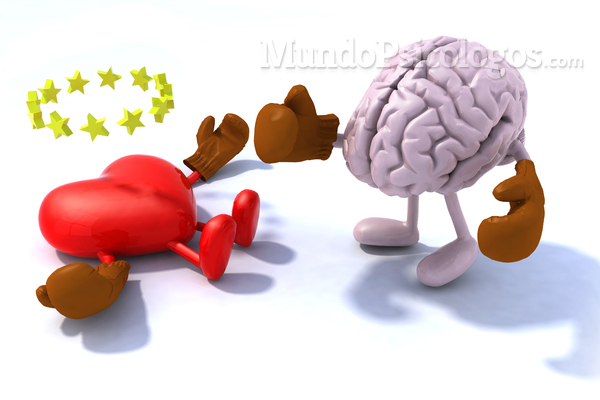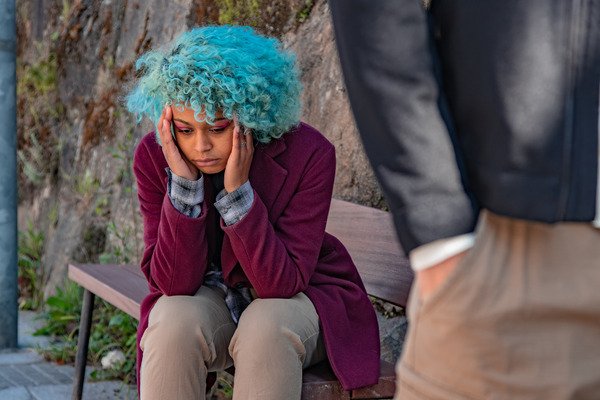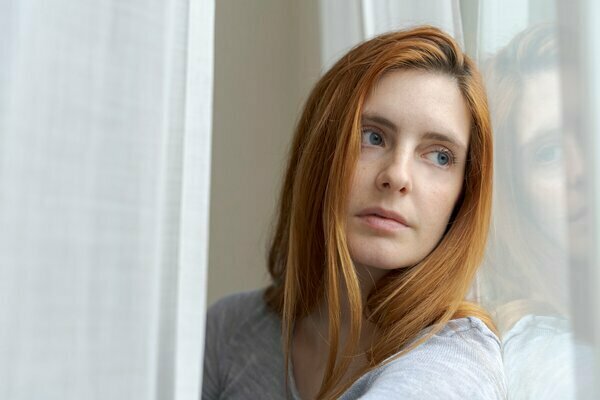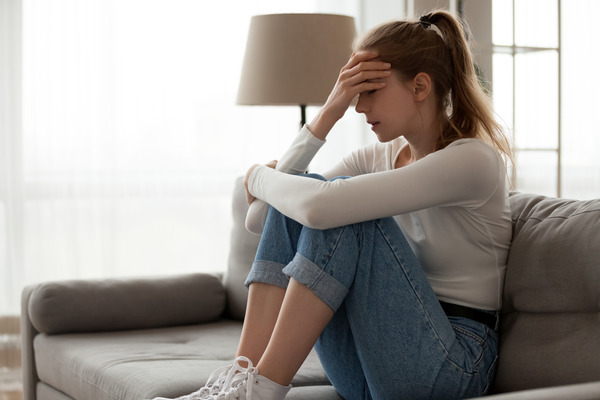What is Shadenfreude? Why does it appear? What is it that leads us to experience it? How can we avoid it? Know this term and discover how to prevent us from getting carried away by it.

The term Shadenfreude It is a German concept that means joy at other people’s misfortunes Many times people tend to be happy about the negative things that happen to others. The typical phrase of: “Evil of many, consolation of fools” can be applied to Shadenfreude, since the fact that other people are miserable in a similar way to the one you are, makes you feel a certain relief For example, imagine that you go to look for the car where you had left it yesterday, and in its place there is a tow truck sticker. At that moment you feel angry, angry with the tow truck but also angry with yourself for not having seen the construction sign that was on the street. You arrive at the place where your car is and while you wait to be served there is a queue in which you listen to two more people to whom the same thing has happened. At that moment the first thing you feel is relief: “at least I’m not the only one.” The fine remains the same and the repercussion of arriving late for work remains the same. And even if you don’t feel completely good because you have to spend money that you didn’t expect and give explanations to your boss, you feel some peace of mind when you talk to those people and comment that the sign wasn’t clearly visible and what a job they’ve done to you. . You also hear comments about other people’s jobs, how bosses will react, and you compare And if you win in that comparison, you feel better “my boss is more understanding than this girl’s boss.”
I will explain to you a personal anecdote in which I felt Shadenfreude. Obviously I am not proud, but it is an almost instinctive response of the human being; You compare yourself and if you win you feel better, even if the other person is hurt: I recently traveled abroad for a weekend and while waiting at the airport to board the return flight I saw how some guys next to me had their return canceled. . At that moment I thought: “thank goodness it wasn’t me.” I was not happy about his misfortune, but I was glad that the roulette wheel had not turned towards my luck and towards others. However, my relief was short-lived because just a few minutes later my flight was canceled. Obviously the discomfort took over me and I felt a lot of anger but at the same time frustration for not being able to do anything but wait for them to tell us something. At the airport I exchanged a few words with some girls and we almost established a little relationship. Then they divided us into different buses and I lost sight of them. The next day when we went to the airport again, I met them again and when they explained to me where they were staying I felt a certain joy, since my hotel had been much superior to theirs. It is a contradictory feeling because at the same time I was sad that they were not as lucky as me, but I was happy to be lucky in this case.
In fact, sometimes people can act maliciously solely and exclusively because they have been victims of something. I will give you, for example, bullying Sometimes the student who suffers bullying, when he gets home he does the same with his younger brother. because? Shadenfreude is the answer. If I can’t be well, let others not be well.
Why do we feel Shadenfreude?
When we experience this sensation, our brain secretes dopamine a happiness hormone So even though we rationally feel sorry for others, a part of us is chemically happy and relieved.
Obviously the more empathy you experience towards others and more sure the lower the feeling of Shadenfreude, since this concept is sometimes associated with a low self-esteem If things don’t go well for you, you feel bad about yourself, but if the same thing happens to others or something worse, you generate a sense of group and your self-esteem increases a little, since you don’t feel like that clumsy or bad person. luck different from the others.
Furthermore, the more competitive we are, the more we rejoice in the evil of others. If we are not very competitive we do not have this need as much. If the focus is on yourself and not on others, the tendency is to experience less Shadenfreude, the competition will be with yourself and not against others.
On other occasions, Shadenfreude is caused by a feeling of justice divine: “if I can’t have it, screw everyone else.” This idea goes very hand in hand with the envy If you feel that something that has happened to you is unfair, you are happy if other injustices happen to other people. For example, if you are standing in line to meet your favorite singer and only a few people can enter, when they tell you that you cannot enter, it bothers you, you feel envious of those who have entered and you think that it is unfair that two people have previously entered. He was able to enter and you couldn’t, but you are glad that those who follow you are also left without being able to meet him. Furthermore, if those people who have been able to see your favorite singer up close later see that their car is not started, you partly feel good and selfishly think that justice has been done.
What can we do to avoid experiencing Shadenfreude?
The initial feeling of relief and/or joy is difficult to avoid because it is a chemical response of the brain. What we can do is work so that those sensations don’t last too long and let’s not be happy about the bad things that happen to others for more than a few seconds.
To do this, it is essential to put yourself in the point of view of others, that is, work empathy How would you feel in their place? How would you feel if others were happy about the bad things that happened to you? How do you think that person might be feeling?
On the other hand, in order to stop this “evil” sensation from occurring, it is necessary focus on yourself and forget a little about others. That is, stop focusing on what happens to your neighbor and focus on your objectives, your goals and your personal experiences. Work to improve your situation instead of taking solace in the evil of others. Continuing with the proverbs, it would be something like: “Do not rejoice in the neighbor’s evil, for yours is on the way.”
Encarni Muñoz Silva
Health psychologist, member number 16918








